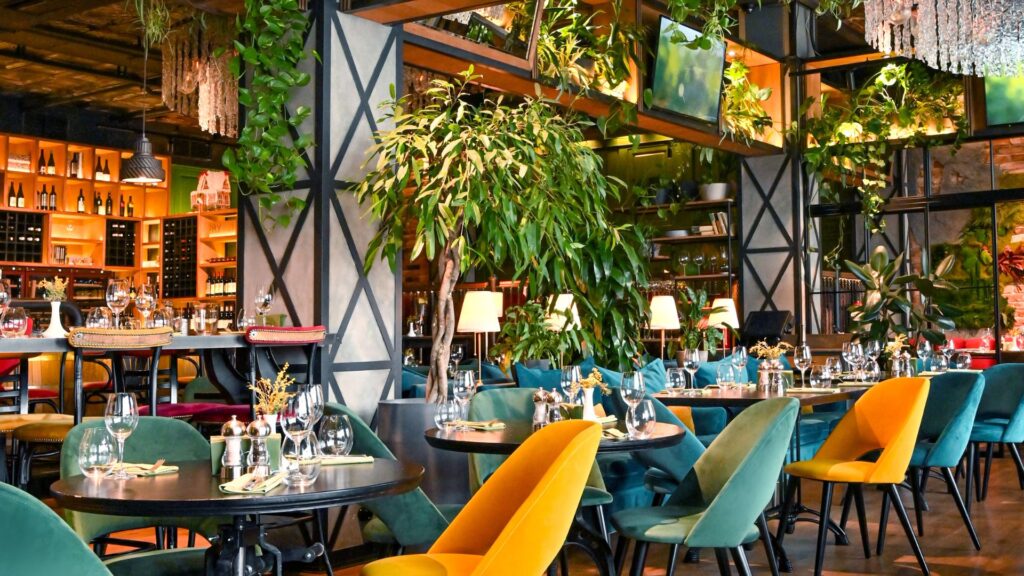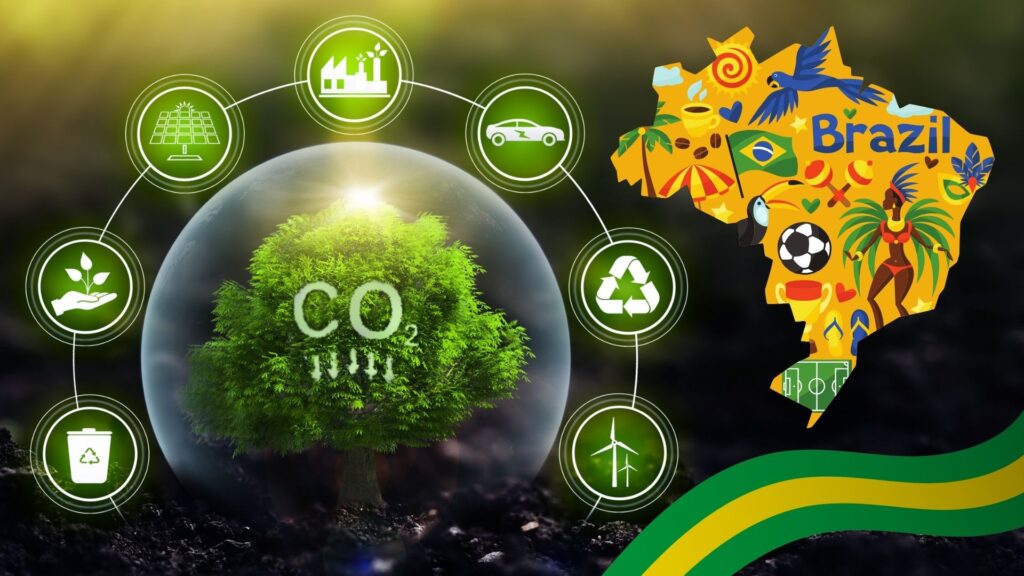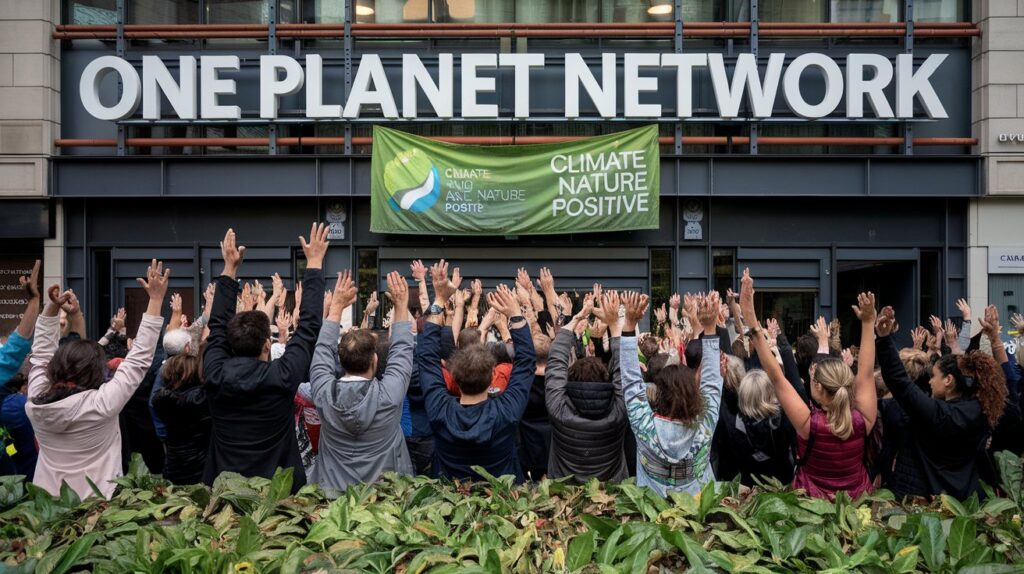Bonito Carbono Neutro Wins Prestigious FIDI 2025 Environmental Sustainability Award
A Historic Victory for Sustainable and Smart Tourism in Brazil and Mato Grosso do Sul Mato Grosso do Sul has once again demonstrated its leadership in sustainable and smart tourism by securing three major awards at the International Smart Destinations Fair (FIDI) 2025. These achievements highlight the state’s dedication to innovation, governance, and environmental responsibility, further solidifying its reputation as a global leader in sustainable tourism practices. The Awards That Define Excellence During FIDI 2025, Mato Grosso do Sul received recognition in three key categories: These accolades confirm that Mato Grosso do Sul is at the forefront of global smart tourism innovation, combining sustainability with technology to enhance visitor experiences while preserving its natural wonders. Bonito, a world-renowned ecotourism destination, has once again proven itself as a global leader in sustainable tourism by winning the Environmental Sustainability Award at the International Smart Destinations Fair (FIDI) 2025. This prestigious recognition reinforces Bonito’s commitment to environmental conservation, climate action, and sustainable tourism practices, setting an example for destinations worldwide. The Significance of the FIDI 2025 Award The International Smart Destinations Fair (FIDI) is one of the most important events in the global tourism industry, bringing together leaders, innovators, and policymakers to discuss the future of smart and sustainable destinations. The Environmental Sustainability Award is given to destinations that demonstrate outstanding achievements in implementing sustainable tourism practices, reducing carbon footprints, and integrating innovative environmental conservation strategies. Winning this award highlights Bonito’s Carbono Neutro Program, which has been instrumental in: Leadership Driving Bonito’s Success Governor Eduardo Riedel reaffirmed Mato Grosso do Sul’s commitment to economic development aligned with environmental preservation, stating: “Mato Grosso do Sul is on a path to achieving carbon neutrality by 2030, demonstrating that economic growth and sustainability can go hand in hand.” Josmail Rodrigues, Mayor of Bonito, also celebrated the achievement, emphasizing the city’s commitment to sustainable development: “Bonito’s recognition at FIDI 2025 reflects the dedication of our entire community in preserving our natural heritage while ensuring economic growth. We will continue working towards innovative solutions that make Bonito a model for sustainable tourism.” The success of Bonito’s sustainability initiatives is the result of strong leadership and collaboration. Bruno Wendling, President of Fundtur MS, emphasized the significance of this achievement: “This award is a testament to Bonito’s leadership in sustainability and climate action. We are proving that it is possible to develop tourism in a way that respects and preserves nature while providing economic benefits to local communities.” Similarly, Juliane Salvadori, Vice Mayor of Bonito and leader of the Bonito Carbono Neutro Program, highlighted the importance of this recognition: “Winning the Environmental Sustainability Award at FIDI 2025 is a proud moment for Bonito. It validates our dedication to creating a sustainable future for tourism, ensuring that future generations can continue to experience the natural beauty of our destination.” Adding to Bonito’s sustainability milestones, the Grupo Rio da Prata has played a crucial role in reinforcing climate action in the region. Their properties, including the Recanto Ecológico Rio da Prata, Lagoa Misteriosa, and Estância Mimosa, have achieved Climate Positive and Carbon Neutral certifications, setting new standards for conservation and responsible tourism. Their ongoing efforts in ecosystem restoration, carbon sequestration, and sustainable visitor experiences continue to position Bonito as a leader in global ecotourism. “The accomplishments of Grupo Rio da Prata showcase how tourism can actively contribute to environmental recovery. By achieving Climate Positive and Carbon Neutral certifications, they set an example of how destinations can balance growth with nature conservation.” – Bruno Wendling, President of Fundtur MS What This Means for the Future This award solidifies Bonito’s position as a benchmark in sustainable tourism not only in Brazil but also on a global scale. It serves as an inspiration for other destinations looking to implement effective climate action strategies while fostering economic growth through responsible tourism. As Bonito prepares to present its success story at COP-30 in Belém, Pará, in November 2025, this recognition will further strengthen its impact on international discussions around sustainable tourism and environmental conservation. A Bright Future for Bonito and Global Sustainable Tourism With its ongoing commitment to sustainability, Bonito is proving that environmental responsibility and tourism excellence can go hand in hand. The FIDI 2025 Environmental Sustainability Award is not just a victory for Bonito but for the entire global movement towards more responsible and climate-conscious tourism. Matheus Mendes, Portfolio Manager at Green Initiative, also emphasized the collaborative and systemic nature of Bonito’s decarbonization efforts: “Bonito’s certification was designed to be advanced collectively. The initial responsibility for the process lies with the municipal government and the state, but the resulting actions have shared responsibilities and broad benefits for society. The next stages of the destination’s decarbonization should prioritize four key pillars: clean mobility, waste treatment, ecosystem restoration, and tourist engagement.” Congratulations to Bonito Carbono Neutro and all those who have contributed to making this achievement possible! 🌿🌍✨ In the Media:
Bonito Carbono Neutro Wins Prestigious FIDI 2025 Environmental Sustainability Award Read More »










